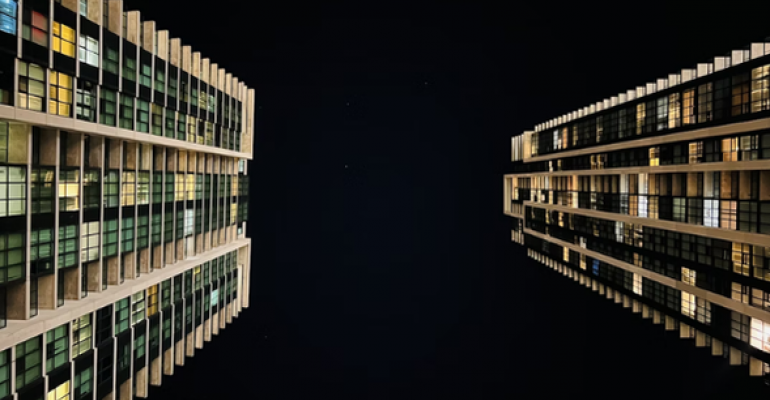
City Living
But what caught my attention in this interview is what it reveals not only about Boris, but about cities. As a classical scholar, I’m sure Boris is aware of the parallel, but I was struck by the extent to which his observations line up with Augustine’s – but with sharply contrasting conclusions. “The whole thesis” of his book, he says, “is about prestige. What makes people tick.”
We seek cities because there are a greater range of girls at the bar, of reproductive choice. Number one. Number two is there are better outcomes for health and wealth. And now we care more about the environment, and cities are better for the environment. But above all, talented people seek cities for fame. They can’t get famous in the f***ing village.
Then he recites:
Fame is the spur which clear spirit doth raise
That last infirmity of noble mind
To scorn delights, and live laborious days.
It’s from ‘Lycidas’, the John Milton poem about a friend who drowned in the Irish Channel. “That’s what’s driving me. That’s the awful fact.”
What do cities offer that the village doesn’t? Sex, money and fame. And the chief of these is fame. (Or, to use more classical – and biblical – language, “glory”.)
In The City of God Augustine describes how “The first founder of the earthly city was…a fratricide; for, overcome by envy, he slew his own brother, a citizen of the Eternal City, on pilgrimage in this world.”1 He then goes on to the example of Rome, that was also founded in fratricide with the murder of Remus by Romulus. This is the foundation upon which the earthly city is built, and it means that politics and murder have ever since gone hand in hand. Augustine adds, “Anyone whose aim was to glory in the exercise of power would obviously enjoy less power if his sovereignty was diminished by a living partner,” and Boris lets slip that “I want to assume supreme power in England.”
This will to power that finds its focus in the city should perhaps make us cautious in some of the current ecclesiological and missiological trends that are popular. Sure, because the city is where people like Boris thrive if we want to be ‘upstream of culture’ we need to be in the city. But the danger of being in the city is that it is all too easy to start thinking and acting like the city – that in the end it is the pursuit of glory that consumes us. Augustine makes this danger clear:
We see then that the two cities were created by two kinds of love: the earthly city was created by self-love reaching the point of contempt for God, the Heavenly City by the love of God carried as far as contempt of self. In fact, the earthly city glories in itself, the Heavenly City glories in the Lord. The former looks for glory from men, the latter finds its highest glory in God, the witness of a good conscience.2
As Christians we are citizens of a City. We just need to remember which one it is.
Footnotes
1 City of God, XV, 5
2 City of God, XIV, 28